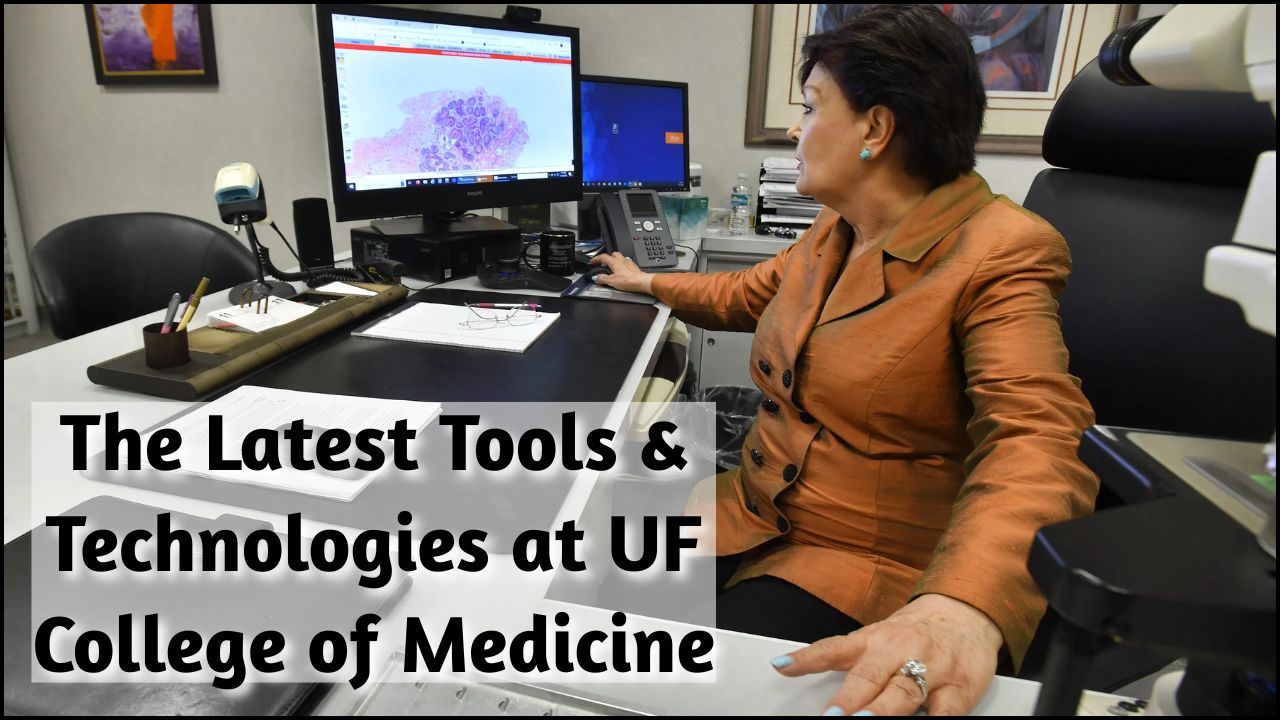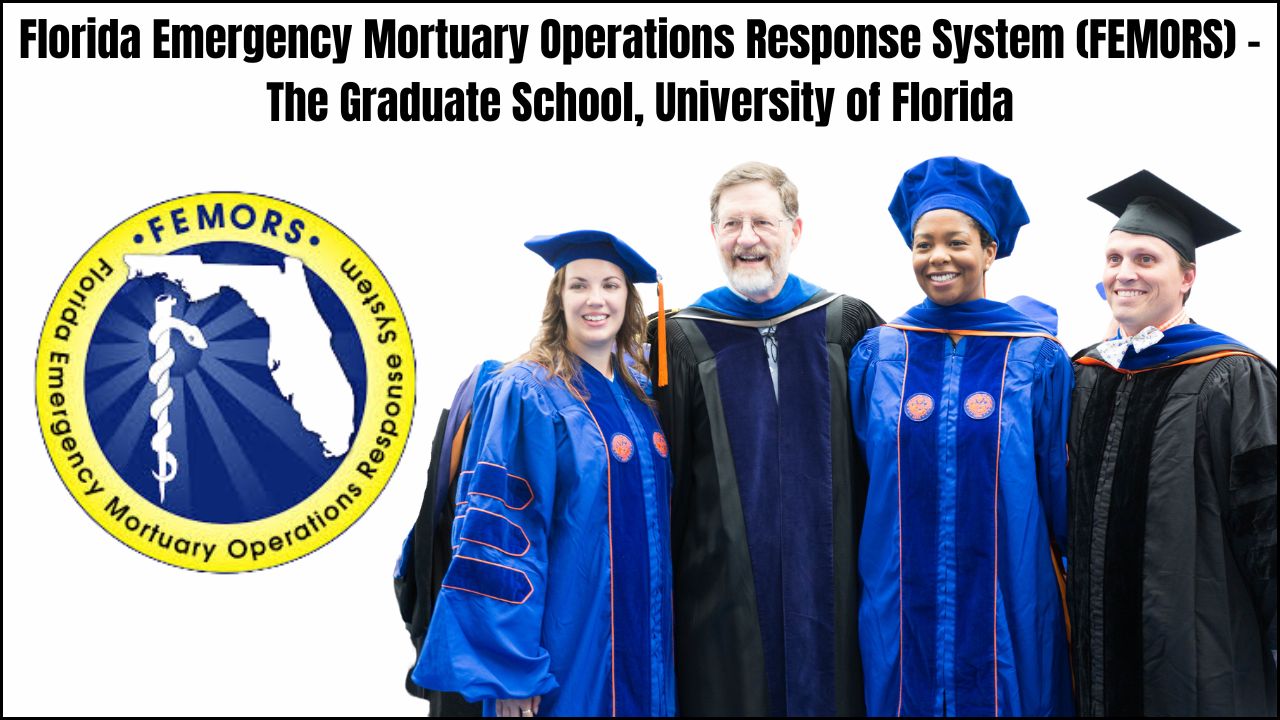
Artificial Intelligence (AI) is reshaping the landscape of healthcare and medical education at the University of Florida (UF). The College of Medicine is leading this transformation by integrating AI into research, medical education, and patient care. This strategic initiative combines cutting-edge research infrastructure with a forward-thinking curriculum, creating a new paradigm in medicine. Clinician-scientists, data scientists, and basic researchers at UF are all contributing to AI’s role in improving health outcomes.
AI-enhanced medical research and care
The College of Medicine is utilizing AI to guide perioperative and acute care decision-making, analyze molecular data, and solve large-scale data problems. Through AI-enabled systems, clinicians are able to make data-driven decisions, ensuring better patient outcomes. AI is also being used to advance patient safety and improve the quality of care across various departments.
Key AI-Driven Research Areas
| Research Area | AI Application | Impact |
|---|---|---|
| Perioperative Care | AI-guided decision-making in surgery and recovery | Improved precision in patient care |
| Acute Care Decision-making | AI tools for rapid diagnosis and treatment planning | Faster, more accurate responses in critical care |
| Molecular Data Analysis | AI-enhanced systems for genomic research | Better understanding of diseases at the molecular level |
Transforming medical education with AI
The UF College of Medicine is pioneering the integration of AI into medical education. Medical students and clinicians are learning how AI can be used to improve medicine through innovative courses that blend animations, videos, and interactive online learning modules. These courses are also eligible for Continuing Medical Education (CME) credits.
AI Curriculum for Medical Education
| Course Name | Content Focus | Target Audience |
|---|---|---|
| AI in Medicine | Introduction to AI applications in healthcare | Medical students and clinicians |
| AI-Enhanced Decision-Making | Use of AI in diagnostic and treatment processes | Physicians looking to incorporate AI into practice |
This unique curriculum is placing UF at the forefront of AI in medical education, ensuring that future healthcare professionals are well-prepared to work alongside AI systems in clinical settings.
Quality and patient safety initiatives (QPSi)
The College of Medicine has received $10 million in state funding to launch the AI-enabled Quality & Patient Safety Initiative (QPSi). This initiative aims to use AI to enhance patient safety and improve the overall quality of care. Through this initiative, AI tools are being used to develop rapid prototyping solutions, create patient safety mechanisms, and explore AI applications in quality improvement (QI) challenges.
Key Features of QPSi
| QPSi Focus | AI Applications | Benefits |
|---|---|---|
| AI Labs for Patient Safety | Development of AI-driven safety mechanisms | Reduced medical errors and improved safety |
| Rapid AI Prototyping for Safety | Prototyping and development of AI solutions | Accelerated implementation of new technologies |
| Quality Improvement Programs | AI solutions to address systemic healthcare challenges | Enhanced operational efficiency and patient care |
Researchers and AI experts at UF
UF College of Medicine has attracted renowned experts in the field of AI. These researchers are making significant contributions to AI-driven medical advancements. Their work spans a range of areas from medical informatics to data science, all aimed at improving healthcare delivery.
| Name | Department | Specialization | Contact |
|---|---|---|---|
| Azra Bihorac | MD-Med Quantitative Health | Intelligent Clinical Care Center | [email protected] |
| Robert Donnell | MD-Urology | Chief Medical Informatics Officer | [email protected] |
| Benjamin Shickel | MD-Med Quantitative Health | AI in Healthcare Research | [email protected] |
| Feifei Xiao | PHHP-Com Biostatistics | AI in Public Health and Biostatistics | [email protected] |
| Jie Xu | MD-HOBI-General | AI in Basic Science and Healthcare Research | [email protected] |
AI in medical education and training
At UF, the integration of AI into the medical curriculum is not just about teaching students to use AI in healthcare. It’s about preparing them to collaborate effectively with AI engineers and other multidisciplinary professionals. The AI courses are designed to create a workforce that is ready to work with AI technology, making them collaboration-ready and able to accelerate advancements in patient care.
AI in Clinical Education
| Course | Focus Area | Outcome |
|---|---|---|
| Collaboration with AI Engineers | Training for interdisciplinary teamwork with AI | Preparing medical professionals for AI collaboration |
| AI in Clinical Practice | Application of AI tools in patient care | Enhanced clinical decision-making processes |
AI across the curriculum at UF
Artificial Intelligence is not limited to medical research and education at UF. It is being integrated across various disciplines, ensuring that all students, regardless of their field of study, develop a basic competency in AI. This initiative places the University of Florida at the heart of AI research and development.
AI in Various Disciplines
| Discipline | AI Application | Impact |
|---|---|---|
| Healthcare Delivery | AI-enhanced decision-making and precision health | Revolutionizing patient care |
| Biomedical Discovery | AI-driven diagnostics and therapeutic development | Speeding up biomedical discoveries |
| Public Health | AI-powered health modeling and surveillance | Improving population health outcomes |
The future of AI at UF: A multi-college network
UF is building a multi-college network of experts focused on expanding AI research, applications, and training. This initiative aims to leverage AI for advancements in healthcare delivery, biomedical discovery, and public health. The university is committed to strengthening its infrastructure and increasing expertise in these areas, ensuring that UF remains a leader in AI innovation.










